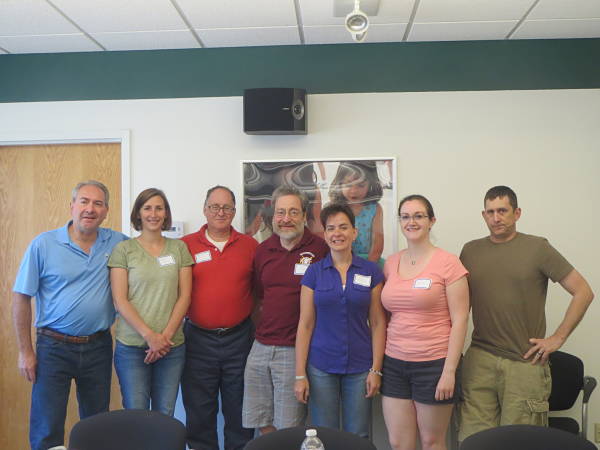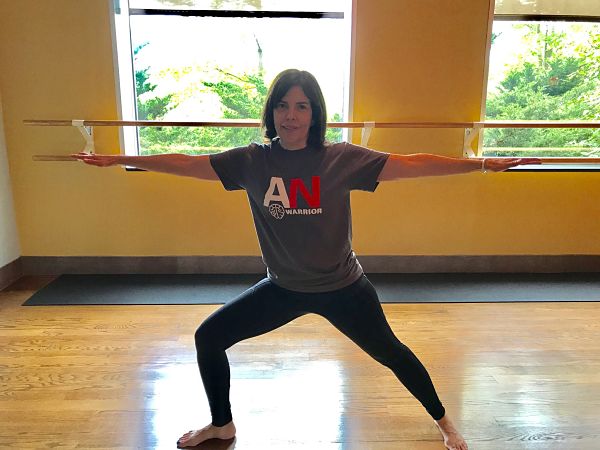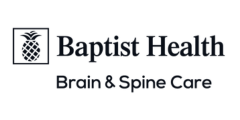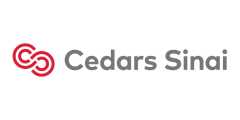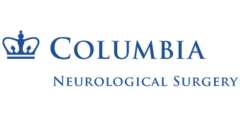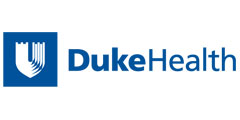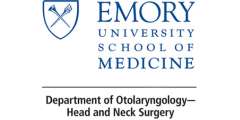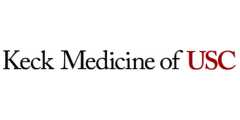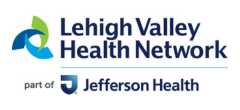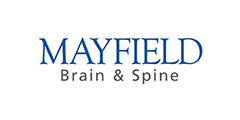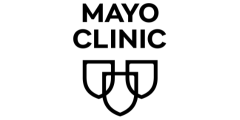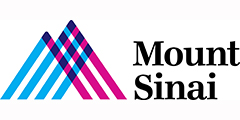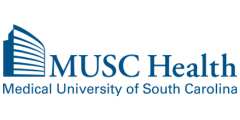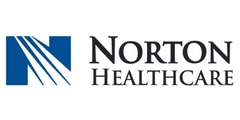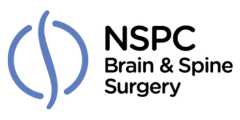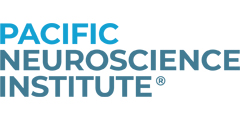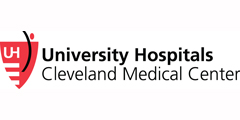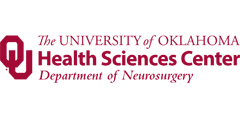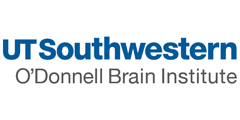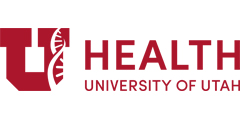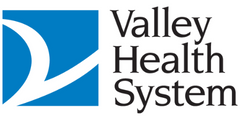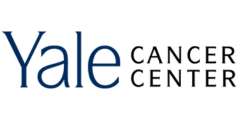- Details
Update My Information
The ANA is dedicated to empowering patients to take an active role in their care by creating impactful programs, funding research, and collaborating with top medical centers and leading healthcare providers - supporting you along every step of your AN journey.
Our commitment includes a robust lineup of support group meetings, webinars, and educational events, plus our quarterly NOTES newsletter, featuring insights on treatment options, regrowth, hearing and balance issues, managing headaches, and navigating the “Watch and Wait” approach.
Please take a moment to ensure we have your most up-to-date information, so you’ll have access to these critical resources.
- Details

Post-operative Headache Outcomes in Acoustic Neuroma/Vestibular Schwannoma Patients
The Ohio State University Wexner Medical Center is seeking acoustic neuroma/vestibular schwannoma patients treated primarily through surgery to complete a survey on how treatment affected their headache symptoms in the short and long term, and the impact of these symptoms.
Who can participate: Acoustic neuroma/vestibular schwannoma patients aged 18-89 who had surgery. You are also eligible to participate if you had radiation in addition to surgery.
The survey will take around 20-30 minutes to complete. You may leave the study at any time.
There is no direct benefit or compensation for participation in the study.
If you would like to learn more about these research studies or have questions, please feel free to contact us.
Robert Macielak, MD
Robert.Macielak@osumc.edu
Desi Schoo, MD
Desi.Schoo@osumc.edu
614-685-0703
- Details

The Ohio State University Wexner Medical Center is seeking participants for three online surveys. The Financial survey is open to everyone. The Dizziness Post Radiation and Dizziness Post Surgery surveys are open to those patients who have received that treatment. You can participate in one or more of these surveys.
1. Financial Survey for all AN/VS Patients to evaluate the financial impact of AN/VS diagnosis and treatment
With this survey, we seek to evaluate the impact the diagnosis and treatment of a vestibular schwannoma has on your ability to work and your financial situation.
Financial Toxicity of Vestibular Schwannoma Management
Who can participate: All acoustic neuroma patients, irrespective of their treatment status, including those undergoing surveillance.
Access Survey
2. Long-term Dizziness Survey for AN/VS Patients that had Radiation Treatment
With this survey, we seek to evaluate how radiation treatment affects your balance and dizziness symptoms in the short and long term.
Long-term Dizziness after Radiation for Vestibular Schwannoma Survey
Who can participate: Acoustic neuroma patients who have undergone radiation treatment.
Access Survey
3. Long-term Dizziness Survey for AN/VS Patients that had Microsurgery Treatment
With this survey, we seek to evaluate how surgery affects your balance and dizziness symptoms in the short and long term.
Long-term Dizziness after Microsurgical Resection of Vestibular Schwannoma Survey
Who can participate: Acoustic neuroma patients who have undergone microsurgery treatment. *If you had prior radiation followed by microsurgery, you are eligible to participate.
Access Survey
*There is no direct benefit or compensation for participation in the studies.
If you would like to learn more about these research studies or have questions, please feel free to contact us.
Robert Macielak, MD
Robert.Macielak@osumc.edu
Desi Schoo, MD
Desi.Schoo@osumc.edu
614-685-0703
- Details

Washington University Quality of Life Comparison Study
At Washington University, with the support of the Acoustic Neuroma Association, we are conducting a study to compare two different quality of life (QoL) surveys. Our goals are to:
1) to better understand patient experience after a vestibular schwannoma diagnosis and/or treatment,
2) to see how different QoL surveys compare in their measurements of patient experience.
We invite you to participate in this study by completing the online survey.
Your responses will be confidential.
There is no cost or appointment necessary to participate.
To complete the survey, you can enter the web address listed below or scan the QR code using a smartphone camera. The survey takes approximately 20-30 minutes to complete. Questions may appear similar because there is some overlap between the two surveys.
If you would like to learn more about this research study or have questions about your participation, feel free to contact us at (314) 273-1589 and indicate that you are calling about the vestibular schwannoma quality of life study. We greatly appreciate your participation and hope that it will improve future care for patients with vestibular schwannomas.
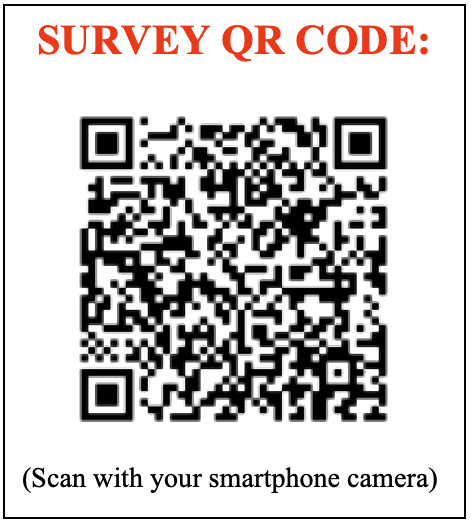
Sincerely,
Cameron C. Wick, MD
Department of Otolaryngology – Head & Neck Surgery
University Hospitals Cleveland Medical Center

